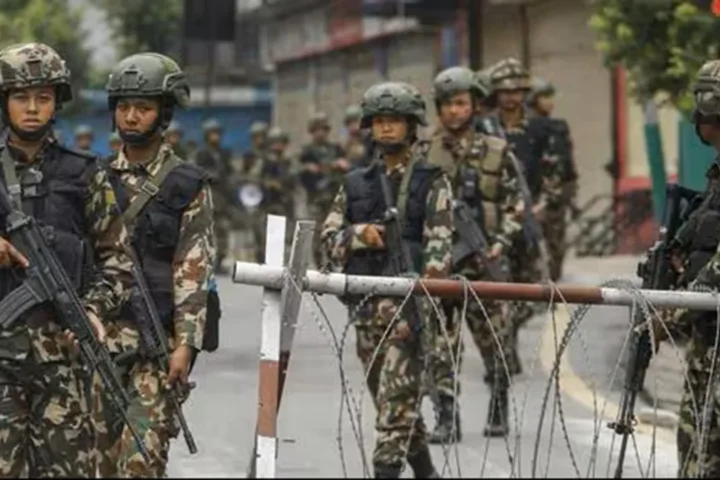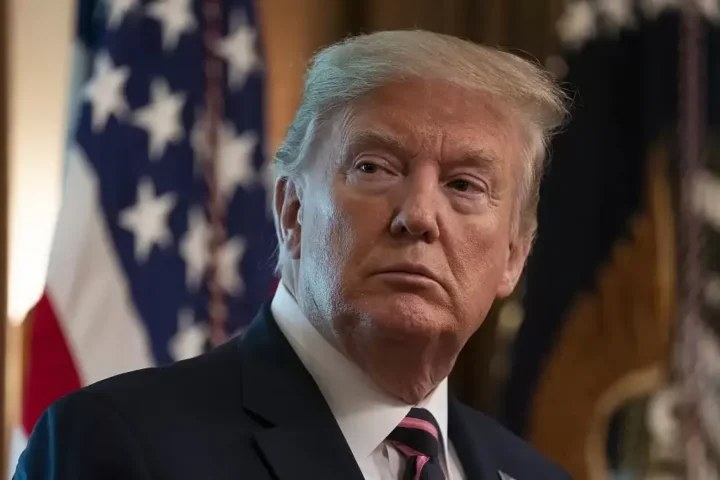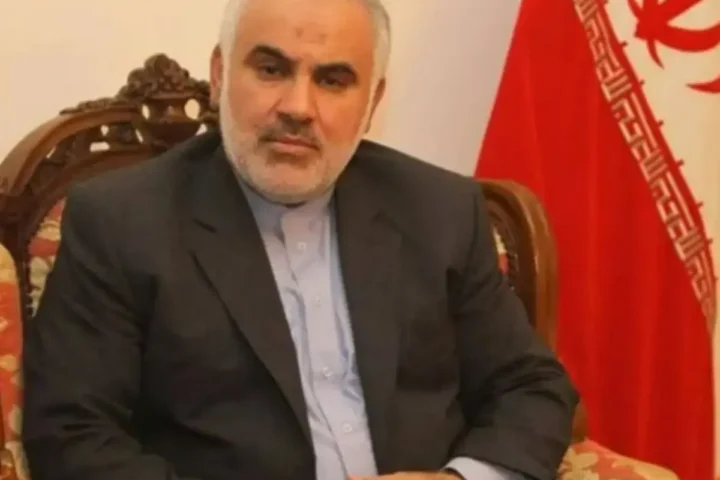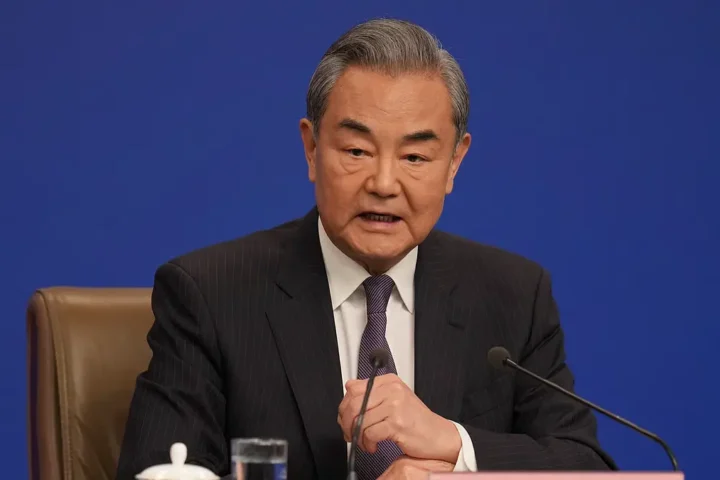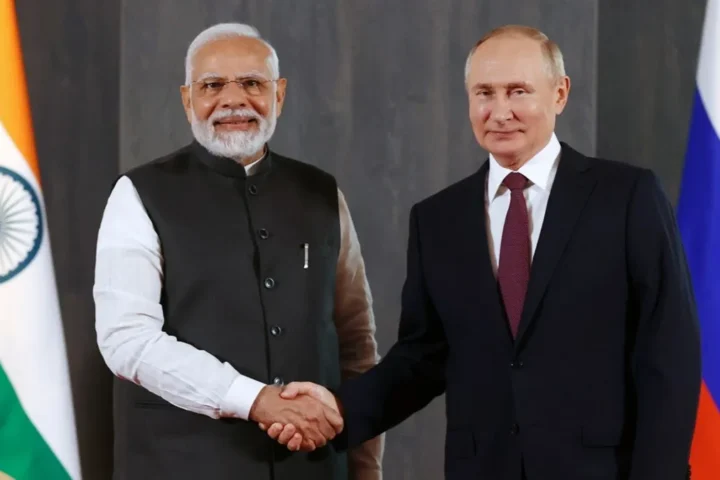Washington, D.C. – In a fresh blow to U.S.-Ukraine relations, former U.S. President Donald Trump has publicly called Ukrainian President Volodymyr Zelensky a “dictator,” intensifying an already strained relationship between the two leaders. The remark, made during a campaign rally, signals a potential shift in Trump’s stance on Ukraine amid the ongoing war with Russia.
Why Did Trump Call Zelensky a Dictator?
Trump’s comment comes at a time when Ukraine remains heavily reliant on Western military aid to combat Russia’s invasion. The former U.S. president, known for his unpredictable and often controversial rhetoric, suggested that Zelensky has taken extreme measures to consolidate power, pointing to his wartime policies such as the suspension of opposition parties and media regulations.
“This guy, Zelensky, everyone says he’s a hero, but he’s acting more like a dictator than a democratic leader,” Trump stated, drawing loud reactions from his supporters.
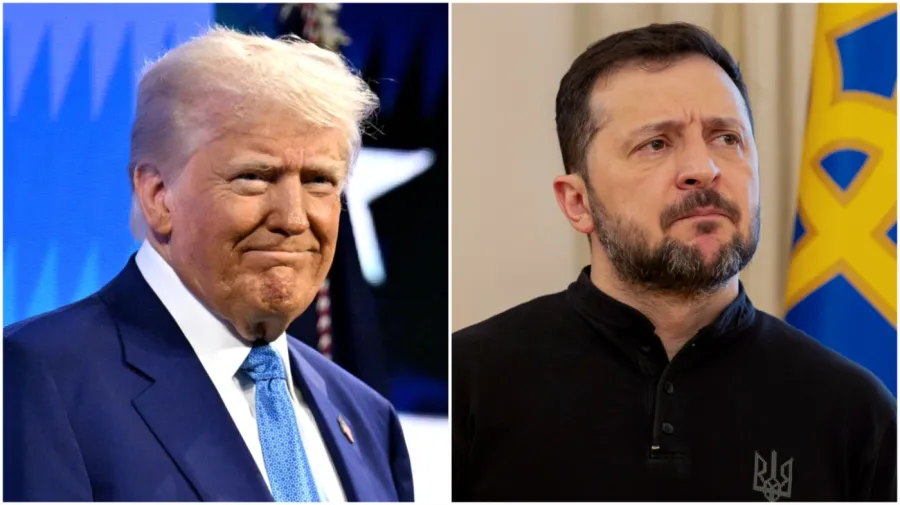
How Has Zelensky Responded?
The Ukrainian government has not officially responded to Trump’s remarks, but close aides to Zelensky dismissed the statement as “uninformed and misleading.” Ukraine’s leadership maintains that its wartime measures are necessary for national security and that the country remains committed to democracy.
The Growing Rift Between Trump and Zelensky
The tension between Trump and Zelensky is not new. During Trump’s presidency, he was impeached for allegedly pressuring Zelensky to investigate political rival Joe Biden in exchange for military aid. Trump has since remained critical of U.S. involvement in Ukraine, questioning the extensive financial and military support the country receives.
What Does This Mean for Ukraine-U.S. Relations?
Trump’s latest remarks raise concerns about the future of U.S. support for Ukraine should he return to power. The U.S. has provided over $75 billion in aid to Ukraine since the war began in 2022, and any shift in policy could have significant consequences on the battlefield.
Republican leaders are divided on continued assistance to Ukraine, with some echoing Trump’s skepticism while others emphasize the importance of countering Russian aggression. A potential second Trump presidency could bring a dramatic reduction in U.S. aid, forcing Ukraine to seek alternative sources of military and economic support.
The Political Impact in the U.S. and Beyond
Trump’s comments are likely to stir further debate within the Republican Party and the broader U.S. electorate ahead of the 2024 presidential elections. While some conservative factions align with his “America First” stance, others argue that backing Ukraine is essential for global stability.
Internationally, Trump’s statement could embolden Russian President Vladimir Putin, who has long painted Ukraine as a failed state. A weakening of U.S. support for Kyiv could shift the balance of power in the ongoing conflict.
Interesting Read
Conclusion
Trump’s labeling of Zelensky as a “dictator” marks another chapter in the complex relationship between the two leaders. As the war in Ukraine continues, the political rhetoric in the U.S. will play a crucial role in determining the future of Western support for Kyiv. With the 2024 elections looming, the stakes remain high for both nations.



